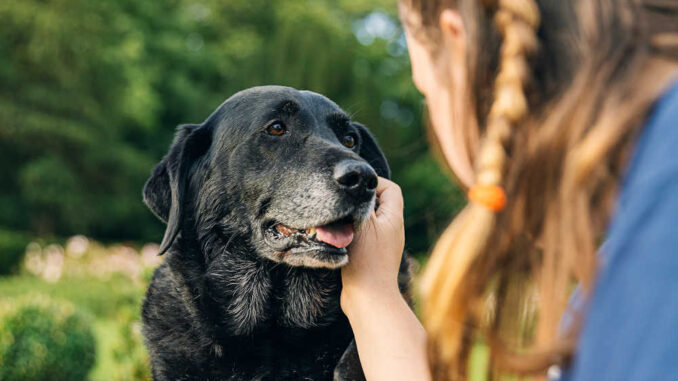
If you have a dog who is old and unwell, it can be a very stressful thing to go through and many owners will feel they are alone in this journey. It can be hard to talk about how your dog is declining and the emotions that go with it.
Remember, that you are never alone and that your vet is always there to help assist and guide you. There are also organizations set up, such as pet bereavement services, which many find useful.
This article discusses how you can help keep your poorly elderly dog uncomfortable, and ensure they have an acceptable quality of life during their final weeks and months.
1. Appetite

It is not at all unusual for a senior dog to go off their food or to have days when they’re less interested in meals. This can be due to a combination of factors including nausea, oral pain or a toxin build up in the blood.
Work with your vet to determine why your dog has less interest in food, as they may benefit from e.g. a dental cleaning. Remember, age alone is not a reason to discount a dental cleaning. I’ve performed many successful dentals on pets in their teenage years and they are much happier and more comfortable afterwards.
If your dog has short-term episodes of not wanting to eat, we can try the following:
- Warming up their meal to help release the aroma and taste
- Hand or spoon feeding
- Offering extra tempting foods such as Hills a/d (a recovery diet), mashed chicken, egg, fish, rice and/or sweet potato
- Syringe feeding liquidised diets
For some dogs, medications like anti-nausea medicine and appetite stimulants may work to temporarily kick their appetite into gear.
Learn more about helping a dog eat more & enjoy meal time.
2. Nutrition
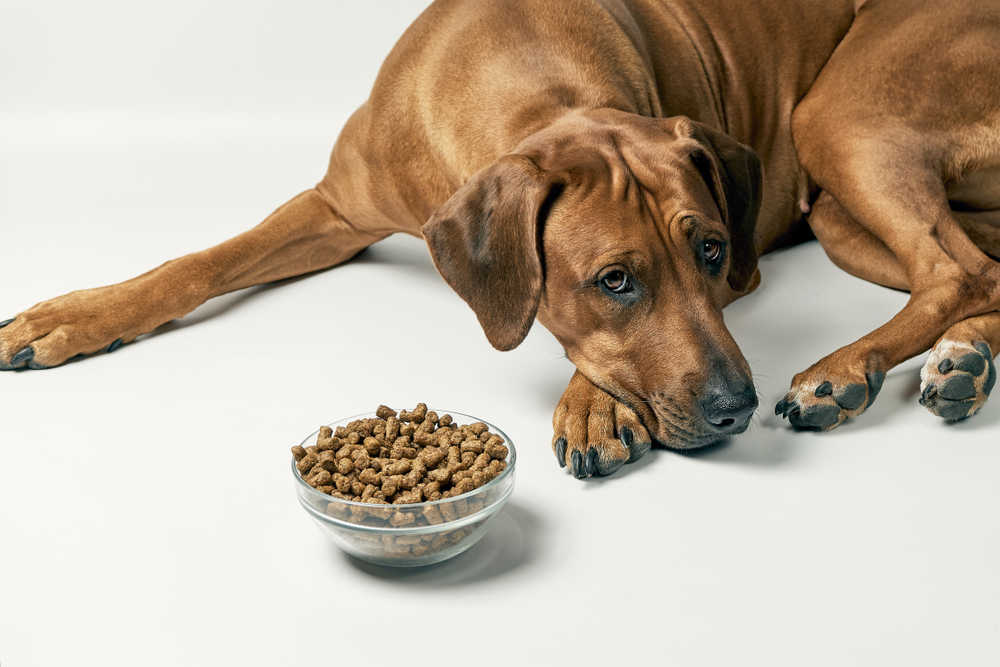
Maintaining optimal nutrition is important at any age, but particularly in your dog’s golden years. Having them on the right diet can help to prevent muscle wastage and weight loss. What age your dog requires a senior dog food will depend on their breed. These diets are highly palatable and tend to contain more digestible ingredients and better quality protein, to prevent muscle wasting.
For some dogs, they will require a prescription diet that their vet has issued them. This is the case, for example, for dogs who have been diagnosed with renal or hepatic disease. Feeding these diets is important when it comes to controlling their disease progression.
Consider offering supplements such as glucosamine, fish oils and probiotics, which can help support a healthy gut and musculoskeletal system.
Those who do have oral issues (such as gingivitis or many missing teeth), may benefit from diet tweaks such as smaller kibble or the feeding of a wet food.
Learn more about Nutrition for Senior Dogs.
3. Pain Management
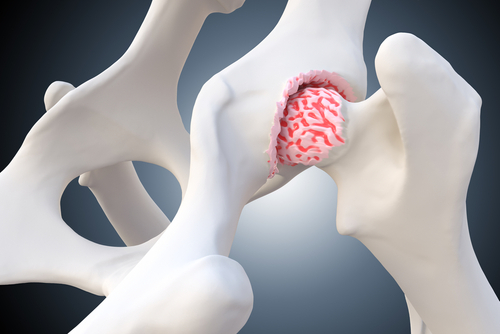
Possibly one of the most important aspects of caring for an unwell, elderly dog will be ensuring any pain is well controlled. These dogs can have many sources of pain such as their joints, rotten teeth, overgrown claws or chronic skin infections.
We advise seniors are seen for checkups every 3-6 months, though some will need to be seen more often depending on their underlying health issues. At these appointments, your vet should be performing a thorough check over, assessing for any source of discomfort.
Dogs with arthritic pain can have subtle signs. This can include taking longer to get up from a sitting or lying position, walking stiffly or licking their joints. Dogs are not going to sit around whining or yelping; so we should not be waiting for more obvious symptoms to appear before seeking treatment.
Many elderly dogs are managed with daily pain relief, to help them better cope with life. Some owners can be hesitant to provide ongoing medicine, but this is far preferable to a dog who is suffering each day. Nowadays, the medicine available is generally very safe and well tolerated with minimal side effects.
Learn more about Pain Relief for Senior Dogs.
4. Fun
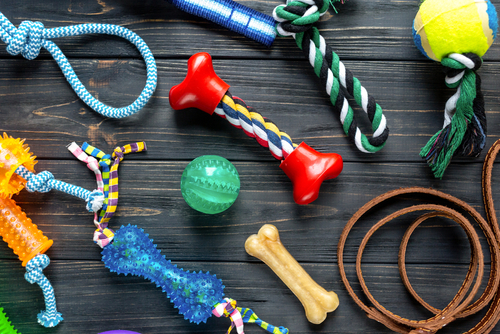
Don’t forget that your golden oldie needs just as much attention as a young pup. While old, these dogs still benefit from daily training sessions, interactive toys and brain games. Indeed, studies have shown that keeping their mind engaged can help slow down the progression of canine dementia.
Your dog should have access to a range of things which they find mentally stimulating and we should try our best to keep them engaged in day-to-day life and well socialized. While there may be times when they show little or no interest in your efforts, do persevere.
View our recommended Toys for Senior Dogs.
5. Exercise
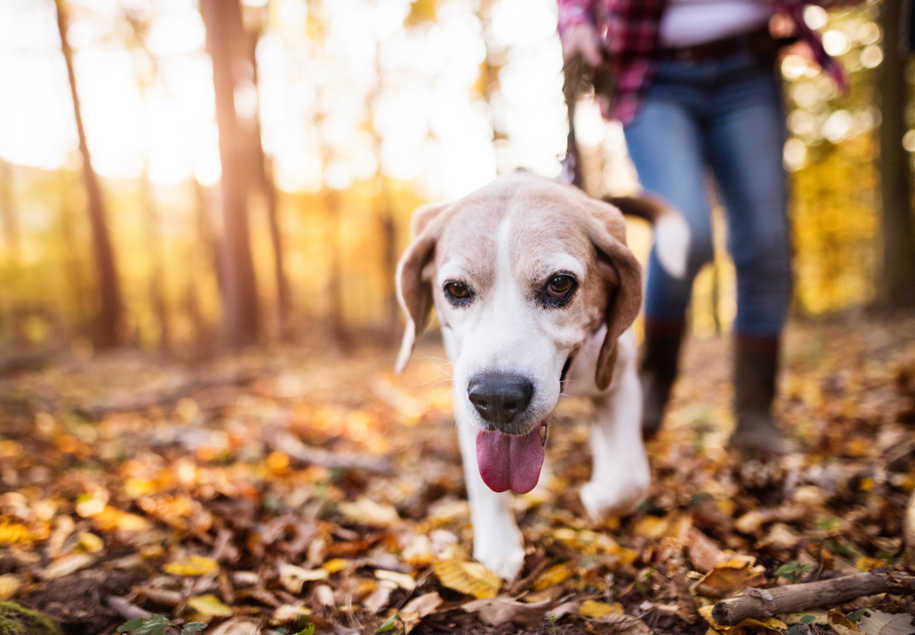
When it comes to exercising an elderly pooch, we must go at their pace. Over-doing things will result in a dog who is paying the price the next day. Dogs are often too pumped up with adrenaline and too willing to please us to stop exercising or playing in the moment, even when they’re feeling sore. This means that the next day we find they are stiff and finding it hard to get about.
It is sensible to have an exercise plan that we try and stick to. This should not consist of a few short walks during the week and a long hike at the weekend. Rather, we want to provide short but consistent exercise opportunities each day, ensuring our dog can comfortably keep up.
Learn more about Exercising Senior Dogs.
6. Hygiene
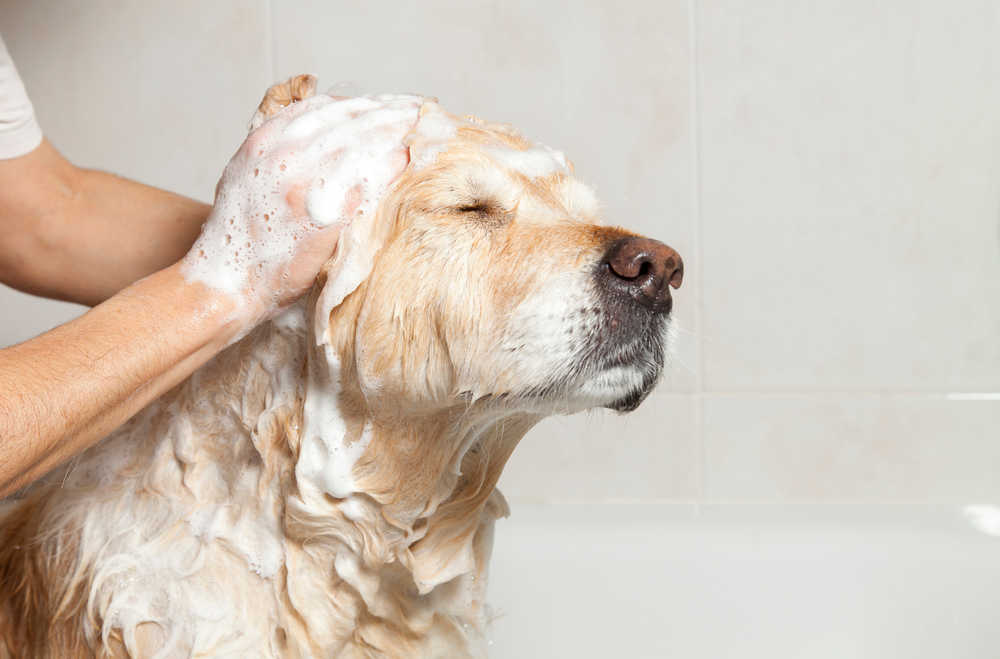
It is not uncommon for seniors to struggle with their hygiene, particularly if they are becoming incontinent or matted. Where possible, we need to help them out. This can mean e.g. ‘bum baths’, maintaining a short coat and daily brushing.
As some older dogs will find coat brushing uncomfortable, they may protest. Ensure you’re using a soft brush and go gently, particularly over any sore joints.
Disclaimer: This website's content is not a substitute for veterinary care. Always consult with your veterinarian for healthcare decisions. Read More.


Be the first to comment